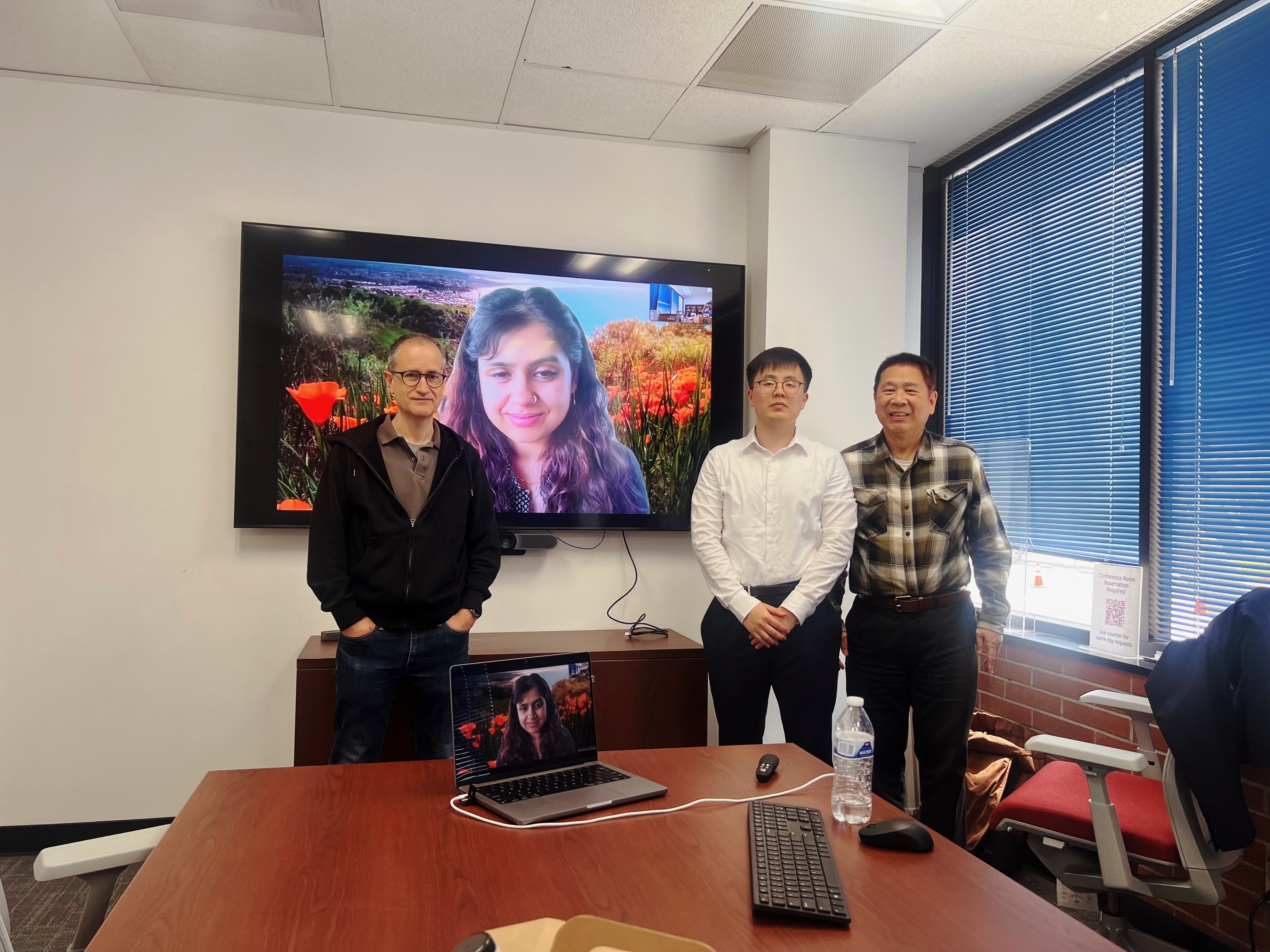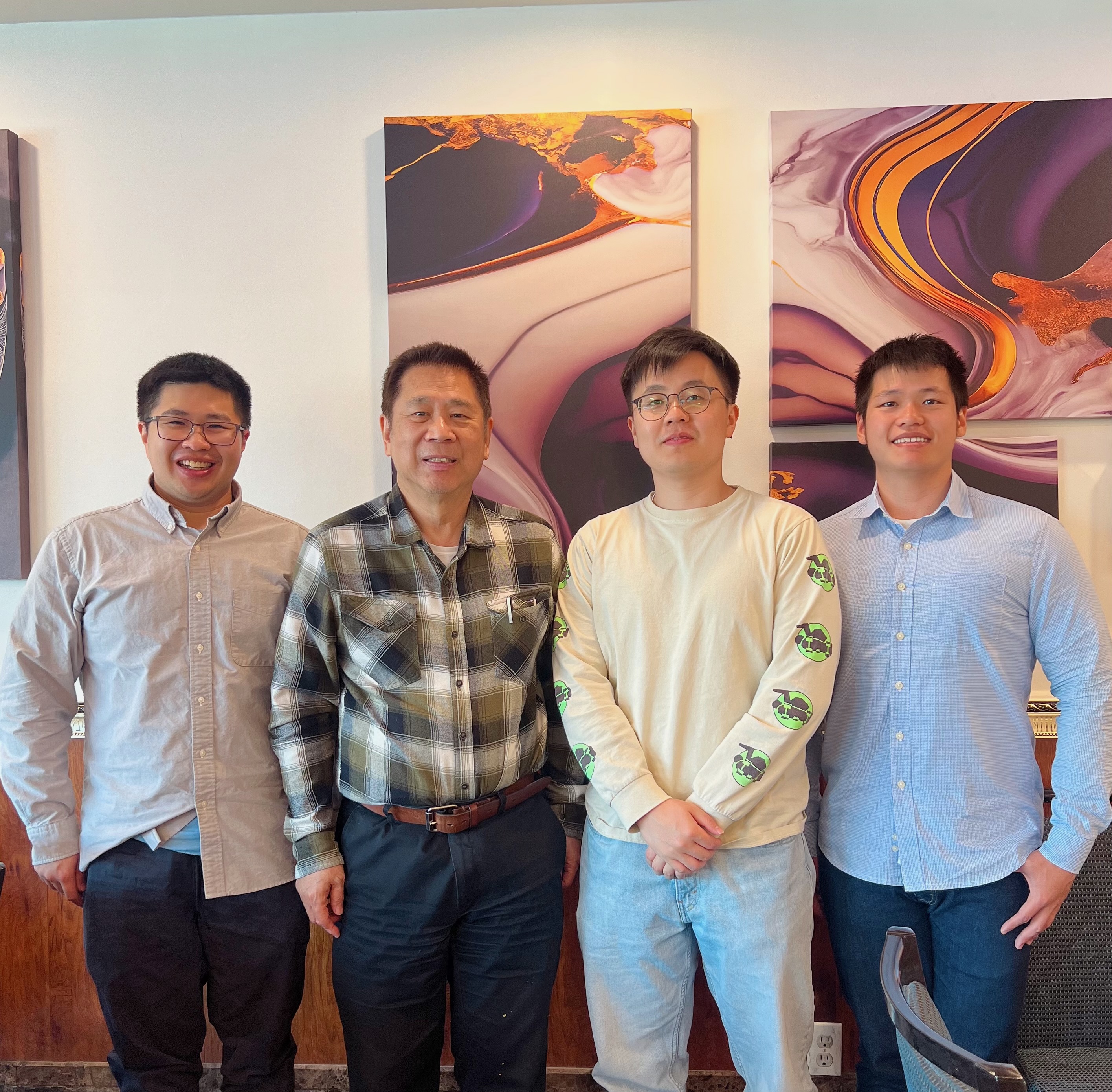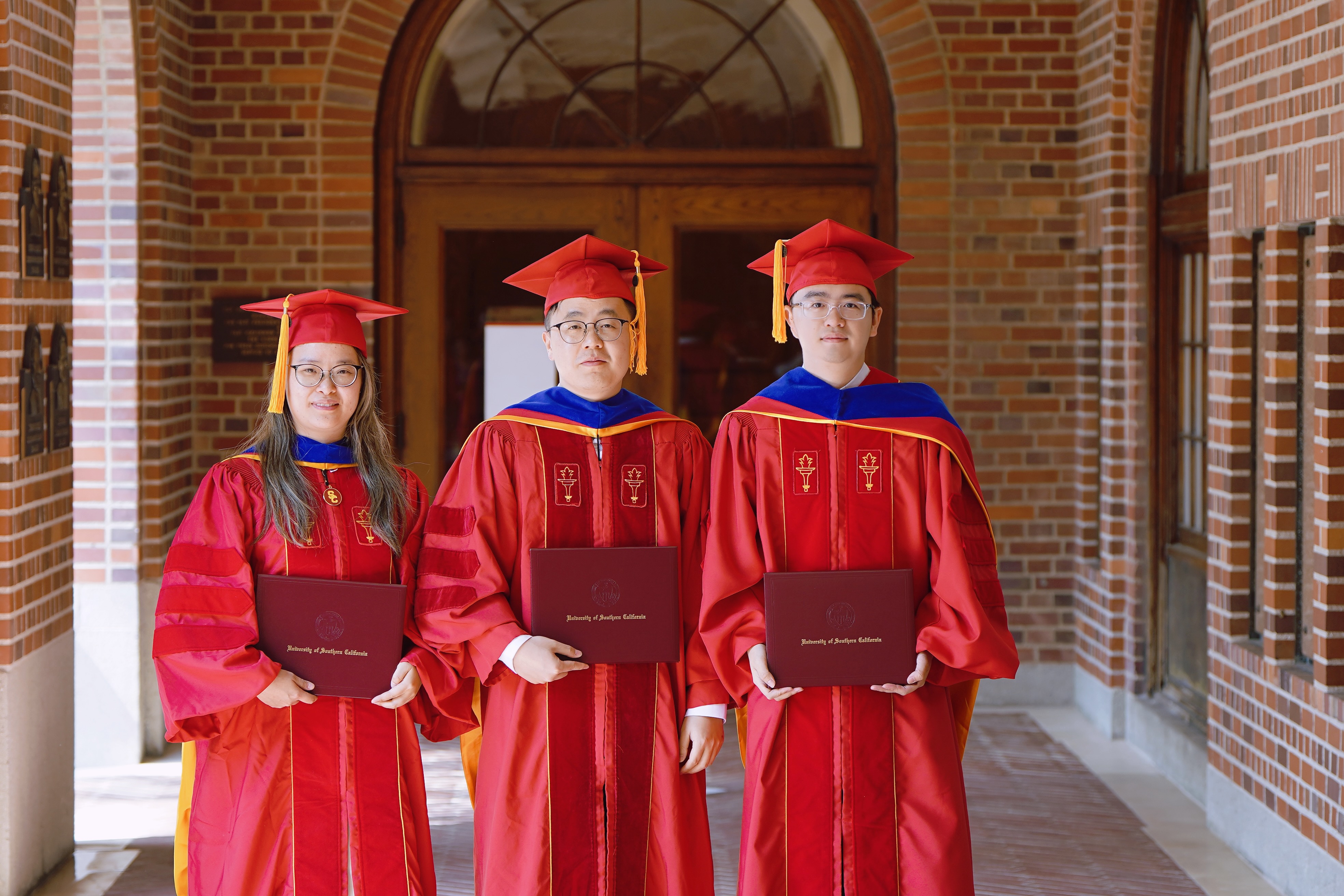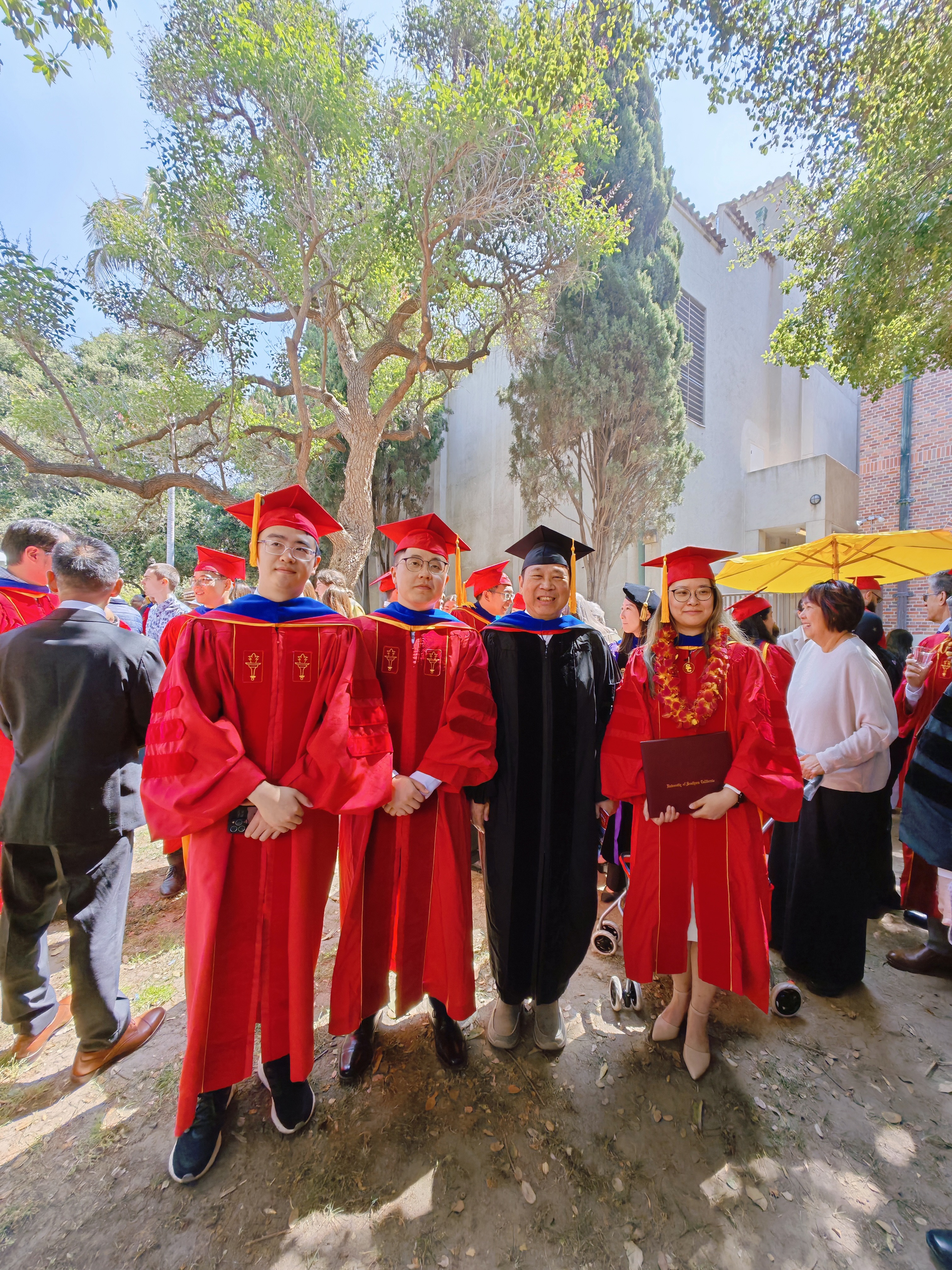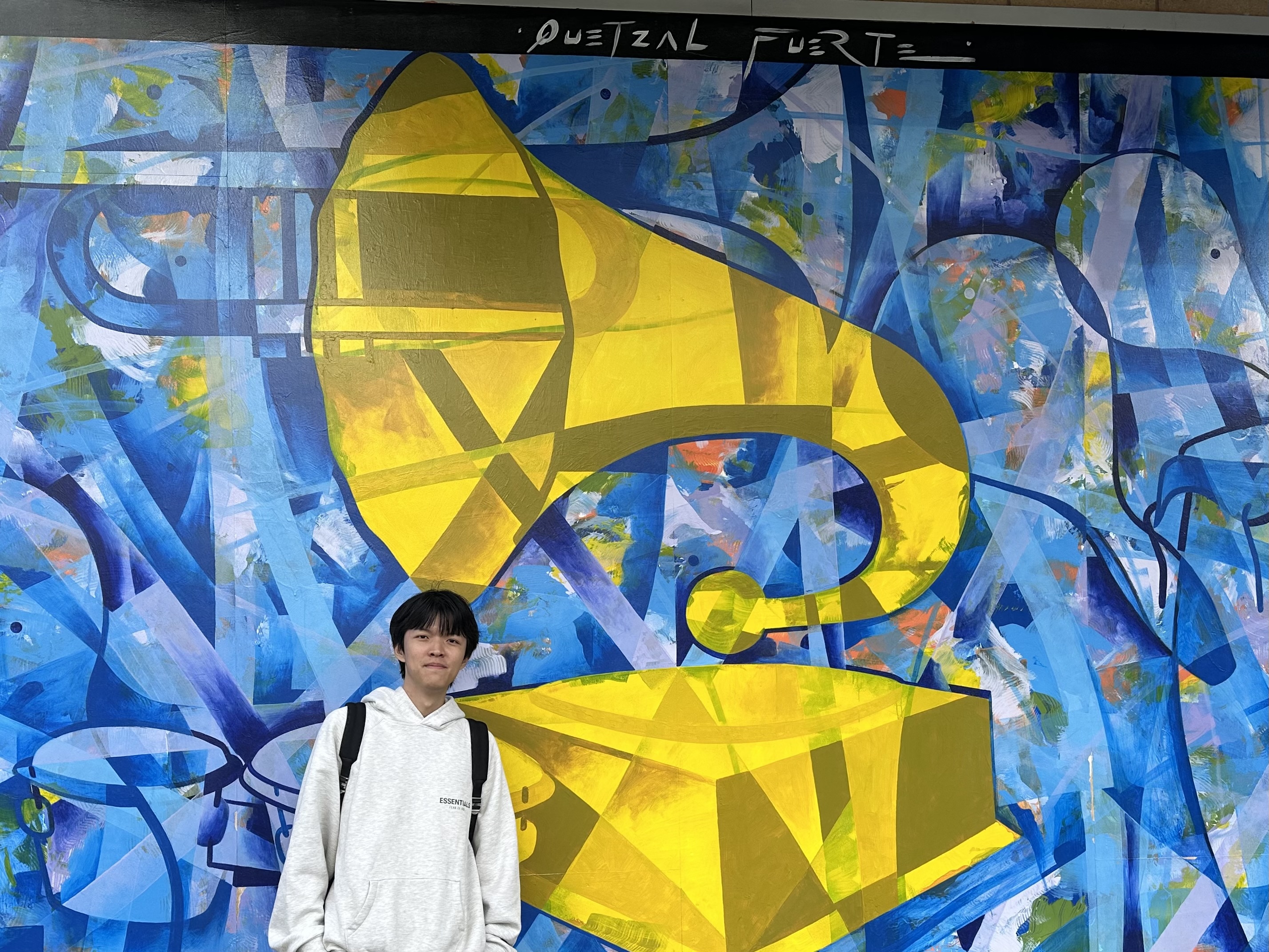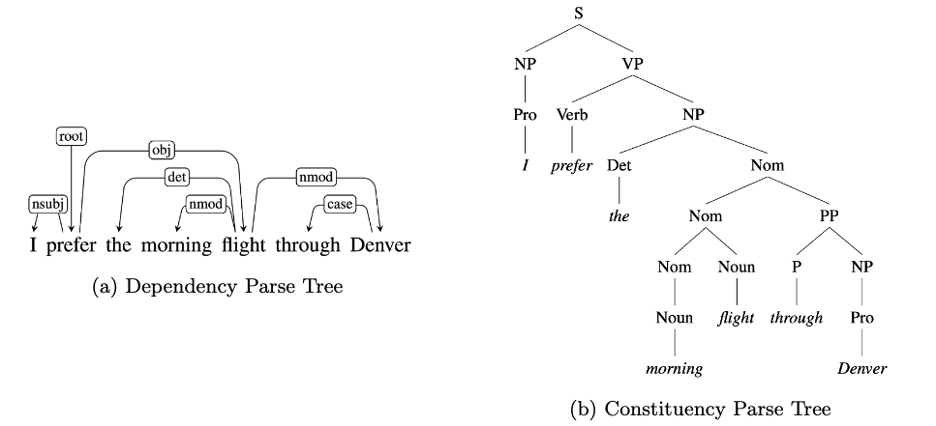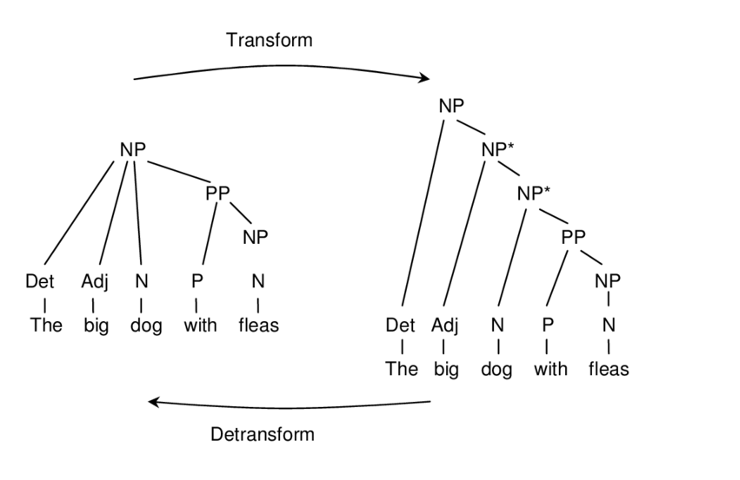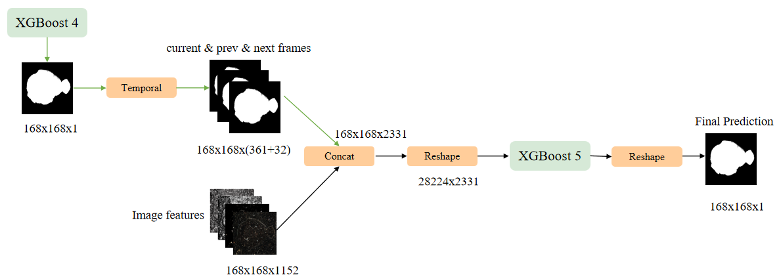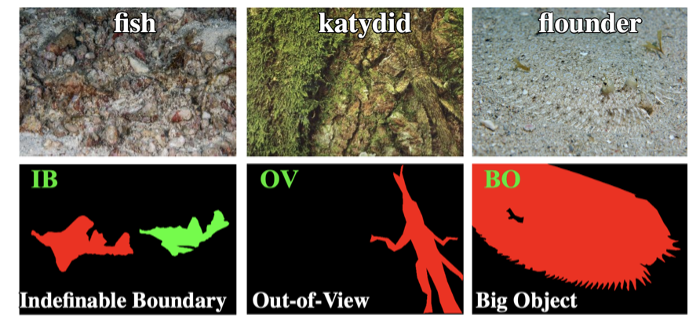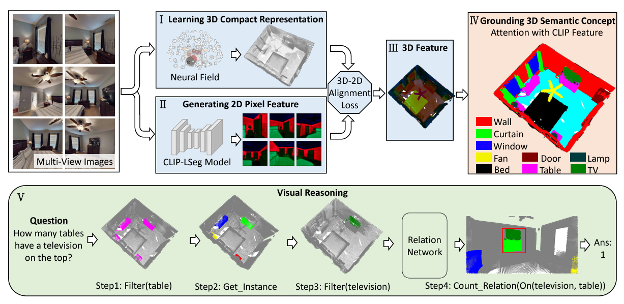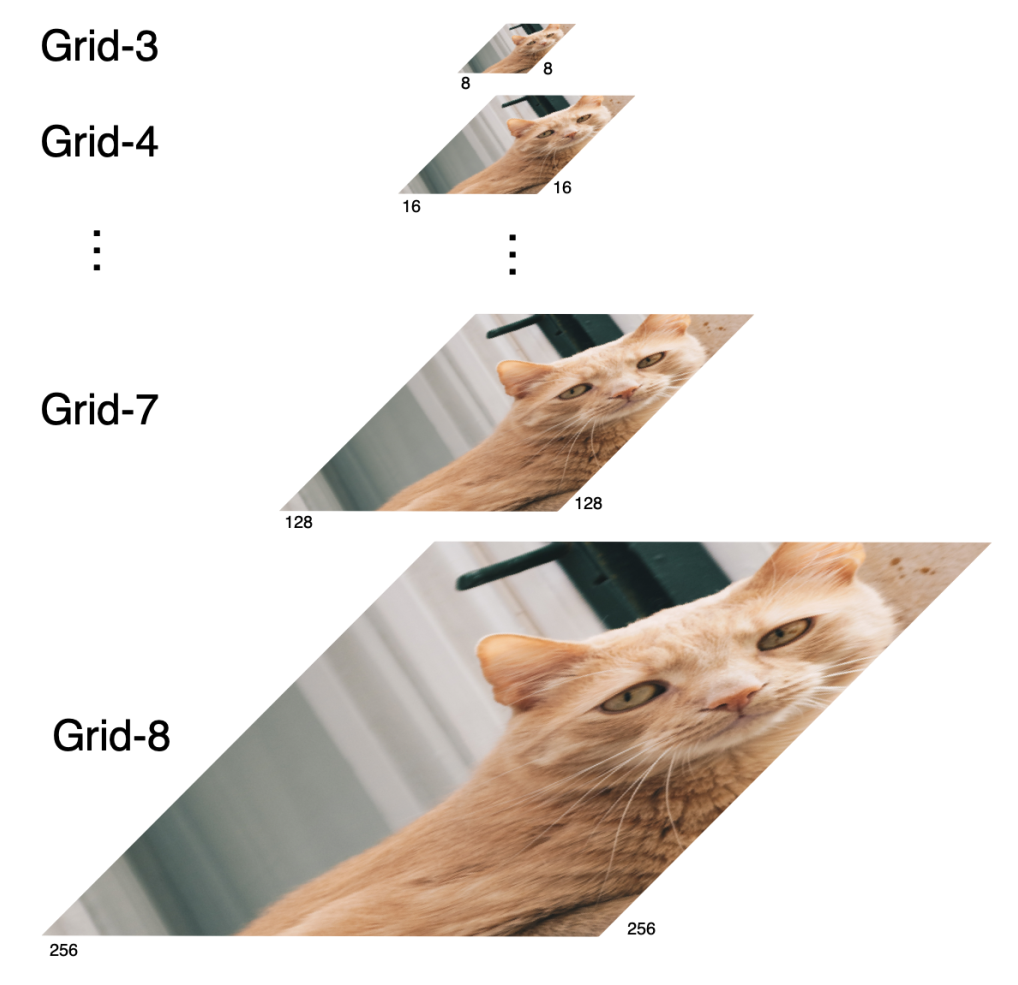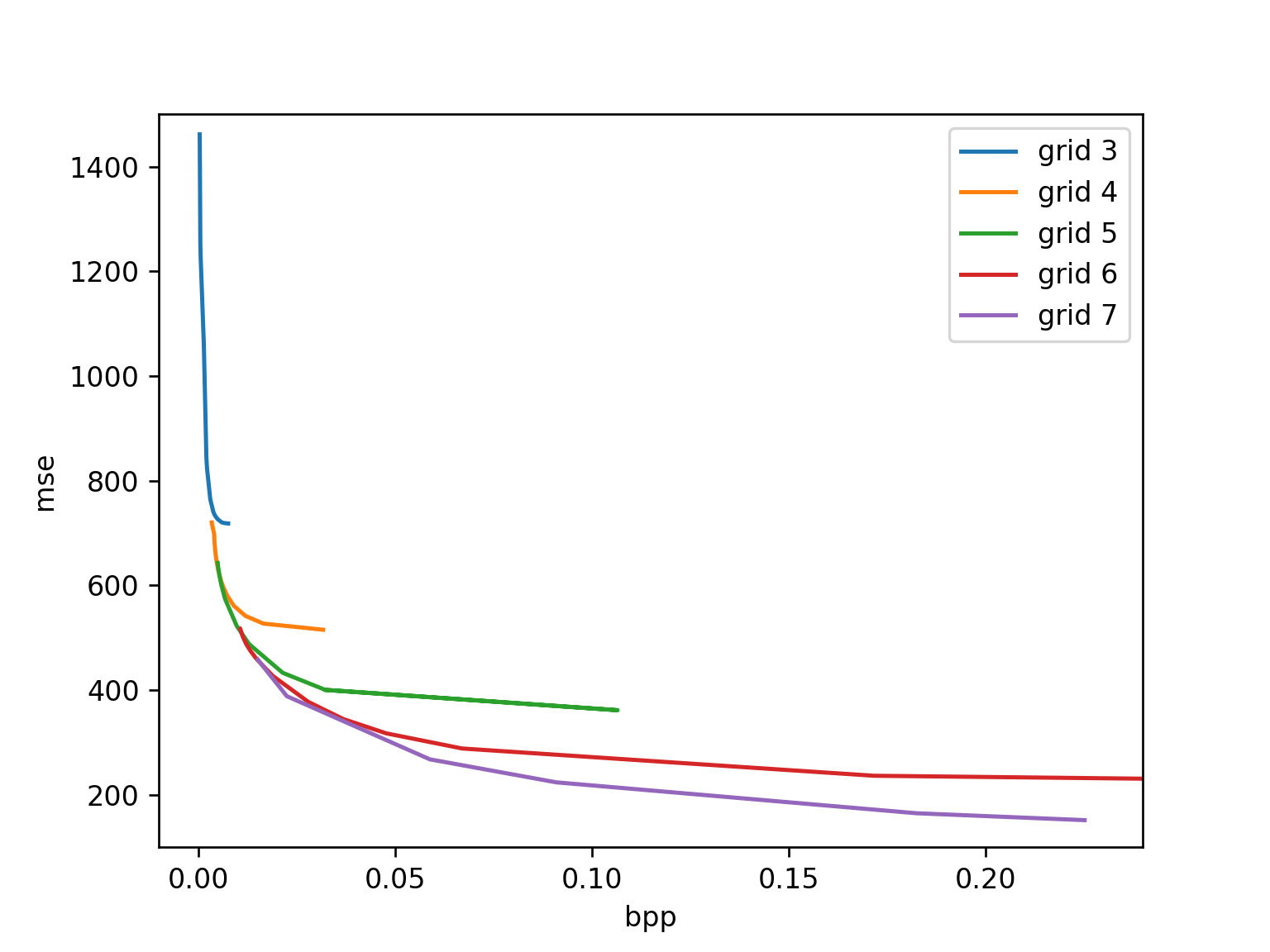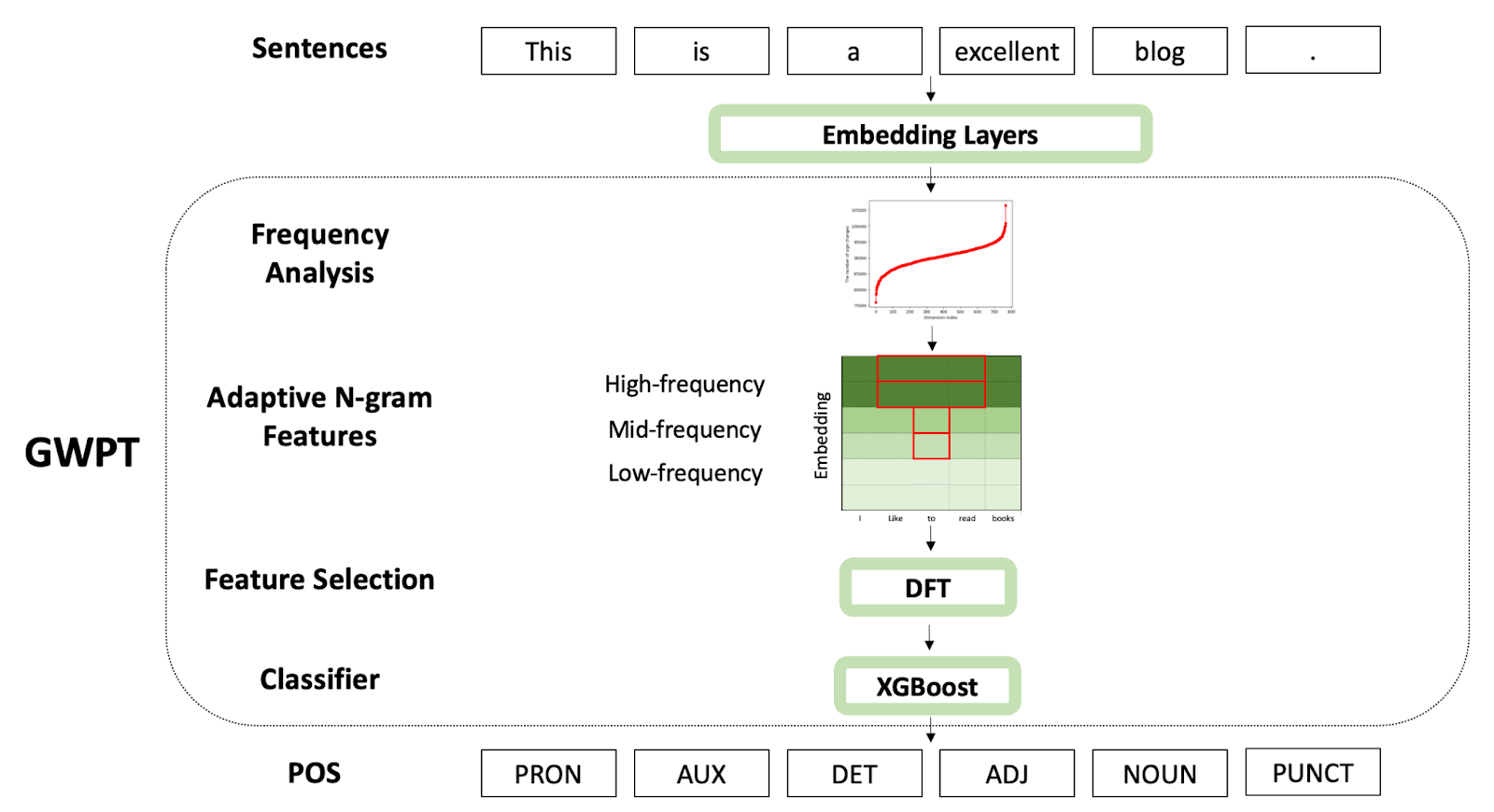Congratulations to Chengwei Wei for Passing His Defense
Congratulations to Chengwei Wei for passing his defense. Chengwei’s thesis is titled “Syntax-aware natural language processing techniques and their applications.” His Dissertation Committee includes Jay Kuo (Chair), Antonio Ortega, and Swabha Swayamdipta (Outside Member). The Committee members were impressed by the wide range of topics conducted in Chengwei’s Ph.D. research. Many thanks to our lab members for participating in his rehearsal and providing valuable feedback. The MCL News team invited Chengwei for a short talk on his thesis and PhD experience. Here is the summary. We thank Chengwei for his kind sharing and wish him all the best on his next journey. A high-level abstract of Chengwei’s thesis is given below:
”Syntax in language processing controls the structure of textual data, playing a crucial role in textual data understanding and generation. For example, syntax in natural language sentences governs the relationships between words, which is crucial for grasping the sentence’s overall meaning. In this thesis, we focus on two primary objectives: 1) Develop efficient methods for constructing syntactic structures. 2) Investigate the significance of syntax and integrate syntax-aware techniques into various Natural Language Processing (NLP) applications, spanning from word-level, sentence-level, document-level, and structured-data-level tasks.”
Chengwei shared his Ph.D. experience at MCL as follows :
I would first like to express my gratitude to Prof. Kuo for his guidance, patience, and unwavering support throughout this journey. His passion for research has been truly inspiring, leading me to join the lab in the summer of 2019 and driving me to pursue excellence in my academic endeavors. I am also thankful for his visionary insights into future research directions, exemplified by our collaborative effort on a survey paper on language models in the summer of 2022. This collaboration proved prescient, [...]

